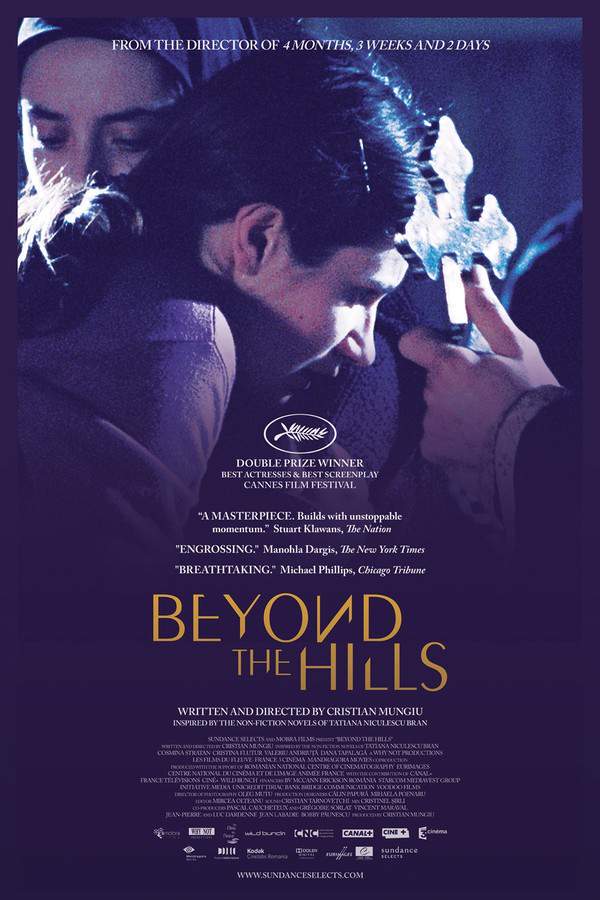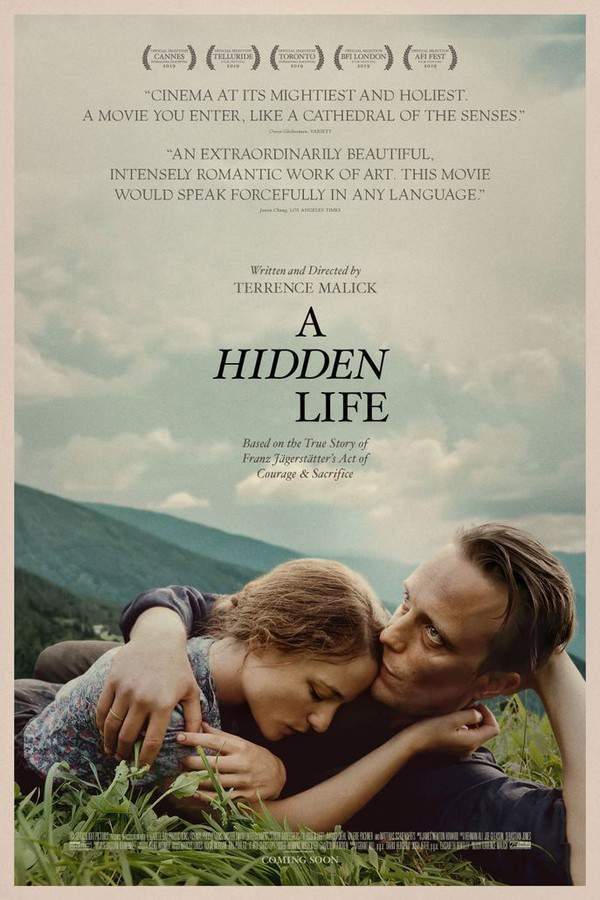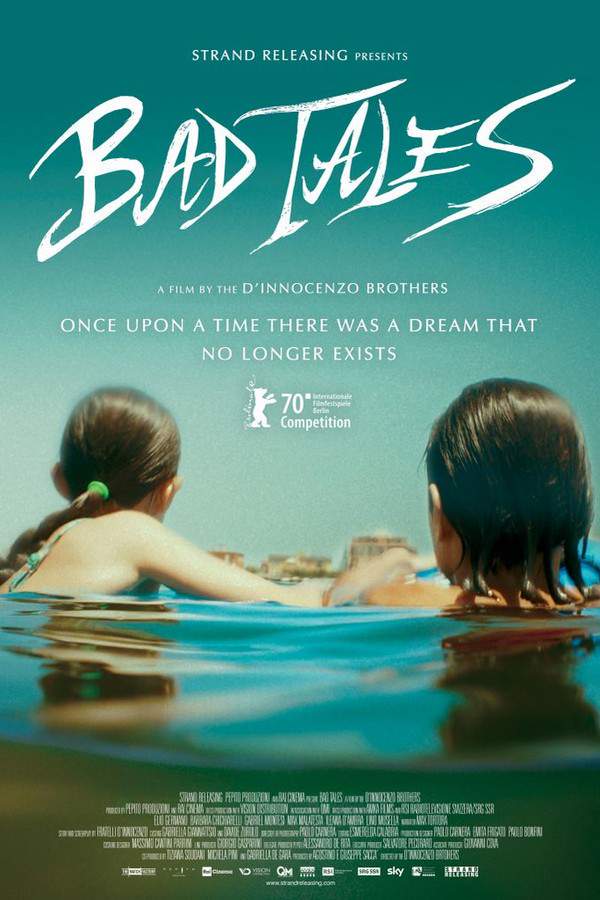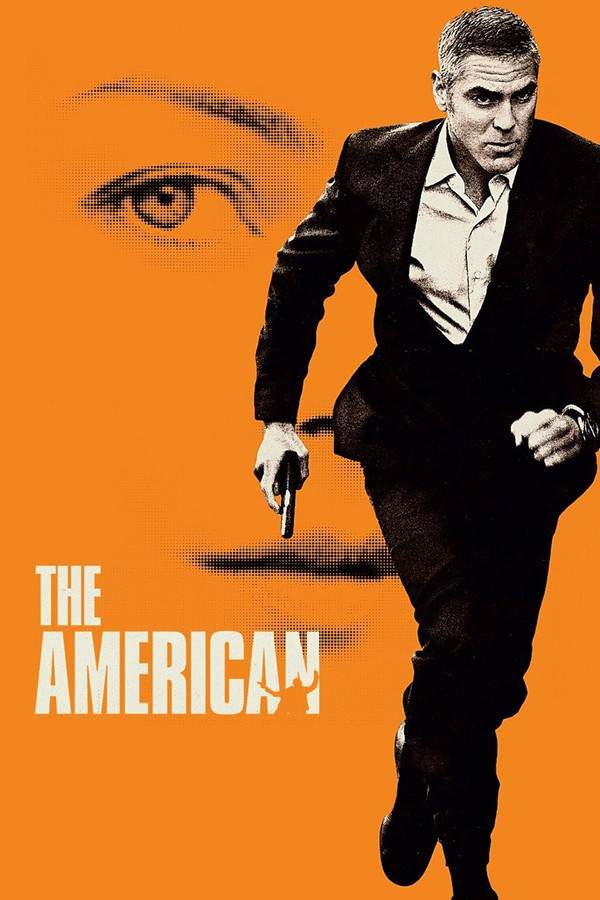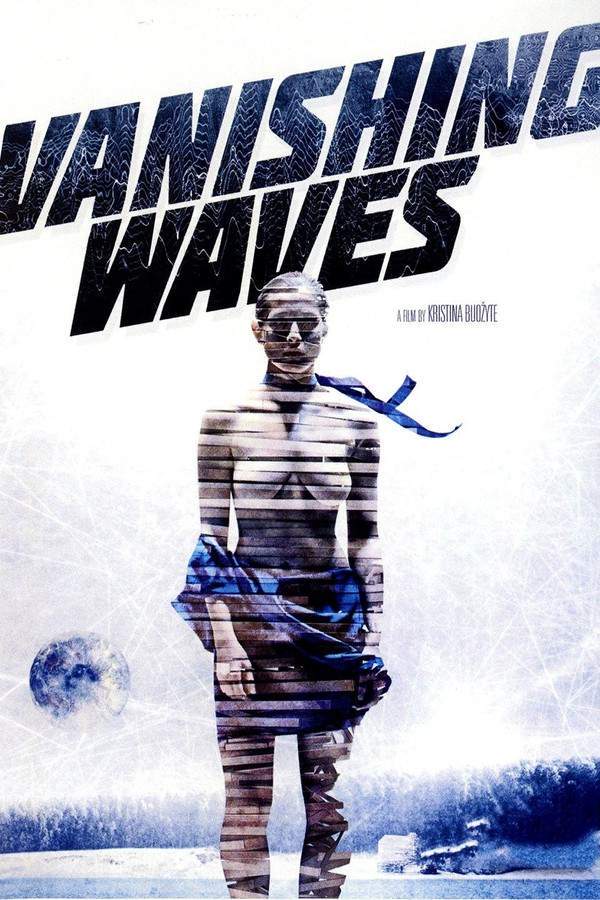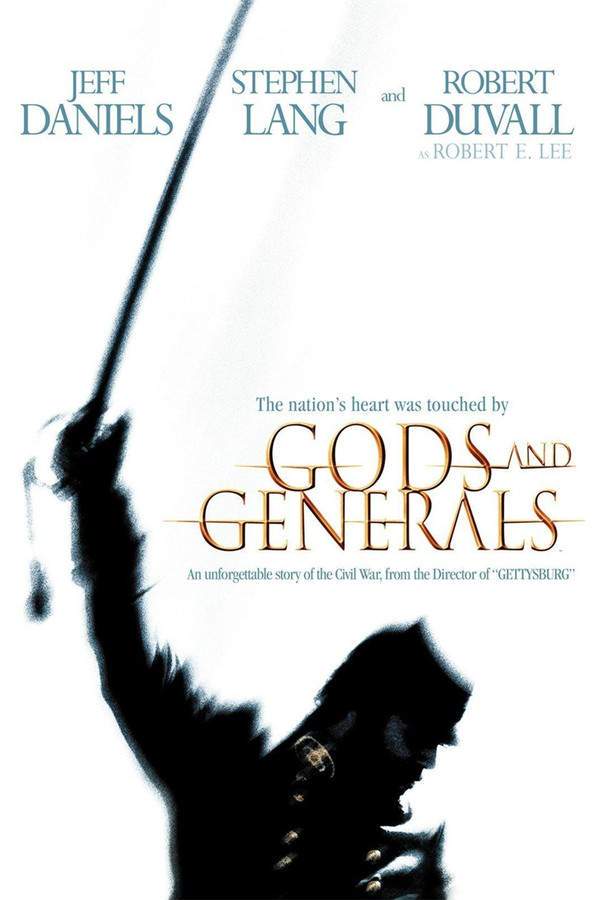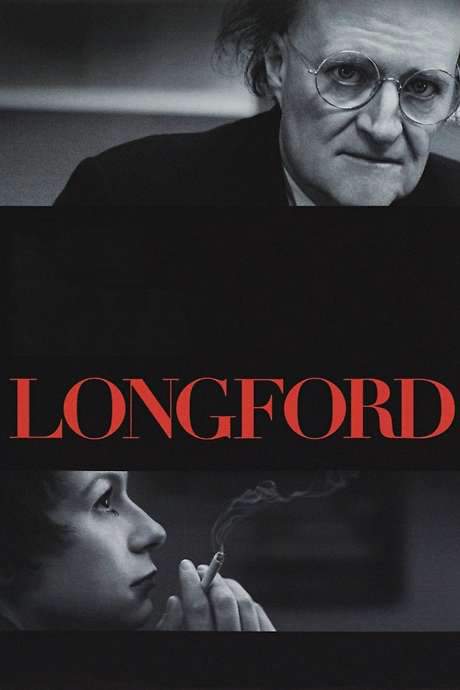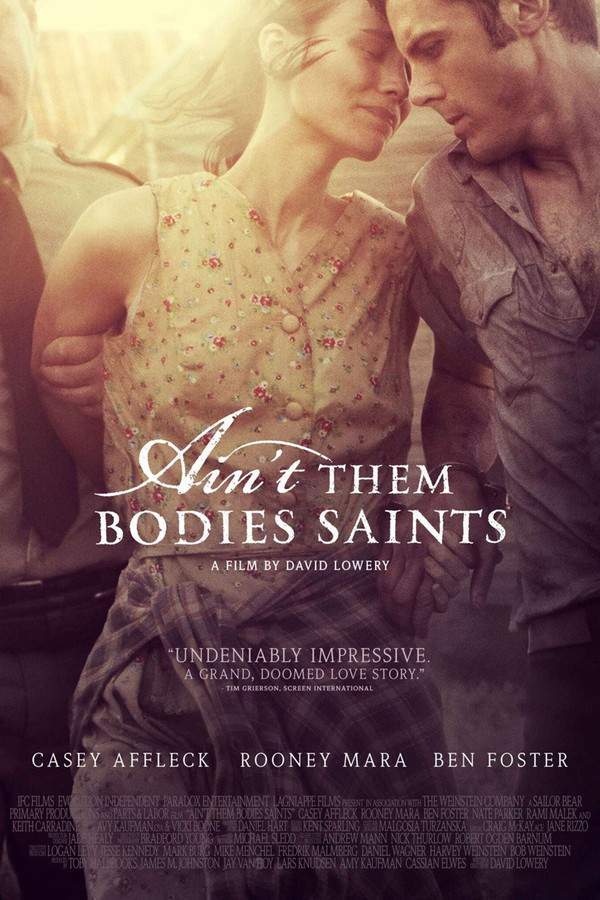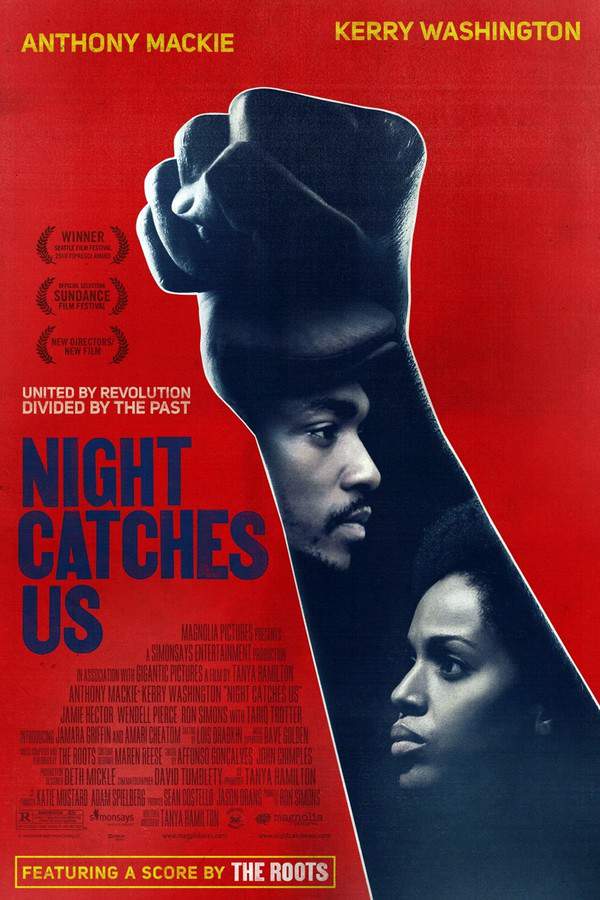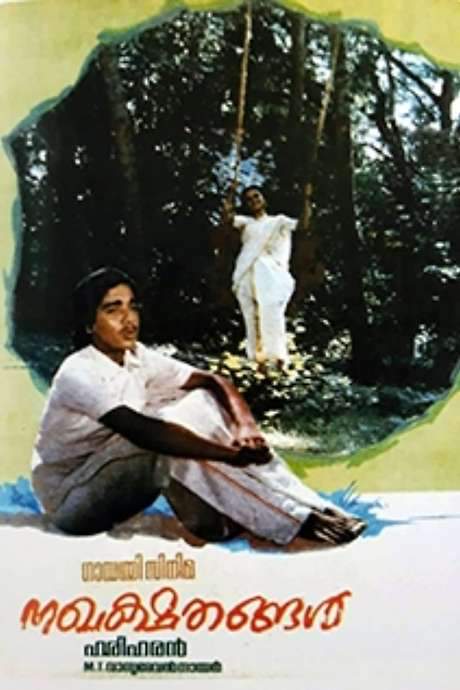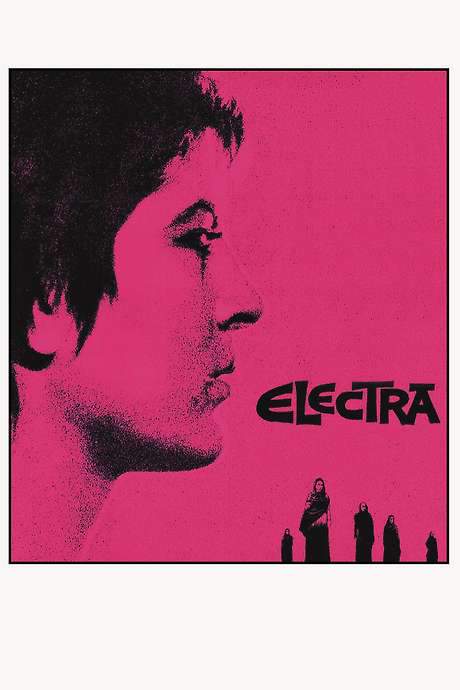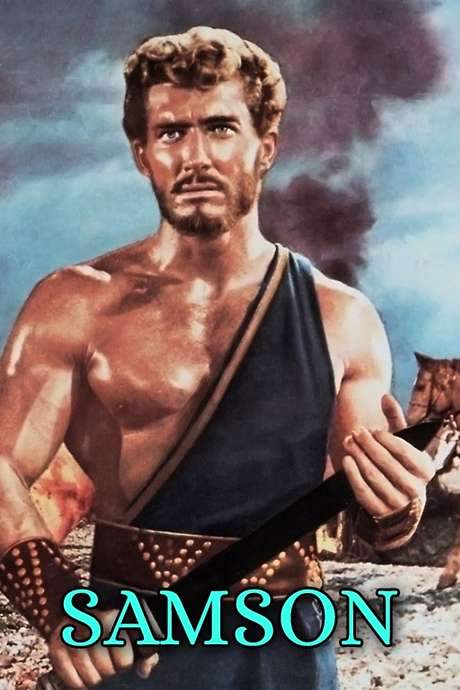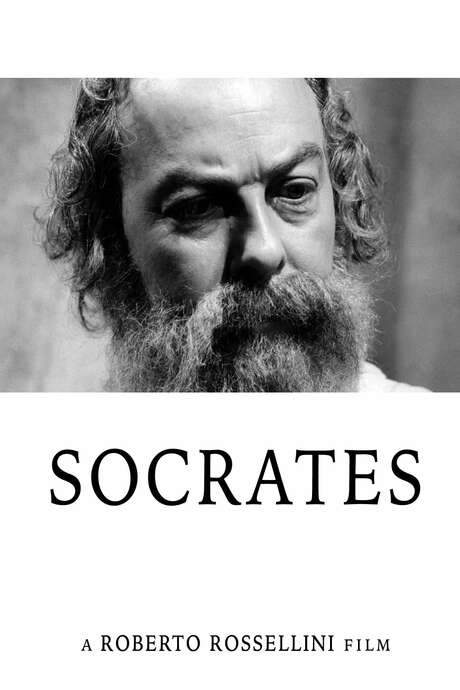
Socrates
Year: 1971
Runtime: 120 mins
Language: Italian
Director: Roberto Rossellini
A false accusation leads the philosopher Socrates to trial and condemnation in 4th century BC Athens.
Warning: spoilers below!
Haven’t seen Socrates yet? This summary contains major spoilers. Bookmark the page, watch the movie, and come back for the full breakdown. If you're ready, scroll on and relive the story!
Socrates (1971) – Full Plot Summary & Ending Explained
Read the complete plot breakdown of Socrates (1971), including all key story events, major twists, and the ending explained in detail. Discover what really happened—and what it all means.
The film centers on Jean Sylvère as Socrates, focusing on the final years of the ancient philosopher’s life amid the turmoil that follows Athens’s defeat in the Peloponnesian War. The city stands under the shadow of the Thirty Tyrants (404 BC), and the Spartans have torn down the city walls, signaling a decisive shift from democratic ideals to a harsher political reality. The drama unfolds against a backdrop of civic fracture, where the memory of a once-vibrant polis weighs on every decision.
Against this upheaval, Socrates—now about seventy—continues his daily philosophical inquiries, drawing a large circle of young followers into long, probing discussions. The narrative weaves in dramatic excerpts from Plato’s dialogues—Hippias Major, Euthyphro, Republic, Crito, Apology, and Phaedo—to sketch his method: a relentless search for truth through dialogue, the awareness of one’s own ignorance, and the maieutic techniques that help reveal knowledge. The film also nods to contemporary critique, citing The Clouds by Aristophanes to show how some detractors painted him as a scheming rhetorician who corrupted youth, yet it emphasizes a defense that centers on virtue, the good life, and the perils of equating wisdom with wealth or power.
The personal dimension is vividly painted through Socrates’s poverty-stricken home life. He lives with his three children and his wife, Xanthippe, a sharp-tongued presence who challenges his single-minded dedication to philosophy. The domestic milieu sharpens the film’s portrait of a man whose public trial and private life collide in a climate of growing suspicion and political danger.
Among the key figures who appear in the frame are Ricardo Palacios as Critone, who presses the charges that catalyze Socrates’s trial; Anne Caprile as Santippe, the wife whose impatience and critique reflect the tensions of a man more devoted to inquiry than to conventional family stability; Antonio Medina as Platone, the aspiring philosopher who follows Socrates and helps illuminate the method through a younger lens; and Giuseppe Mannajuolo as Apollodoro, an ally who embodies the connection between the teacher and his students. Through their interactions, the film maps the philosophical lineage from Socrates to Plato in a living, breathing historical moment.
As Athens’s democracy wanes, Socrates faces formal charges—accused of corrupting the youth and defying the gods. His defense, rendered with the calm, linear logic attributed to Plato’s Apology, argues for a life committed to justice and the rule of law rather than to personal safety or political expediency. He refuses prison or exile, even declining a possible escape, and he proposes a stark, principled punishment: to live as a virtuous citizen within the city’s framework, accepting the outcome of the trial. His stance reflects a core belief in the obligation of the individual to the laws that govern society, however inconvenient or dangerous that may be.
The narrative culminates in Socrates’s acceptance of the death sentence. He drinks hemlock and faces his end with the same rigor with which he pursued truth, continuing to discuss life, death, and the immortality of the soul with his friends right up to his last breath. In its measured, reflective tone, the film presents a concluding meditation on how a philosopher responds to mortality, and how a life devoted to inquiry can leave a durable, if contested, mark on history.
Last Updated: October 09, 2025 at 09:19
Explore Movie Threads
Discover curated groups of movies connected by mood, themes, and story style. Browse collections built around emotion, atmosphere, and narrative focus to easily find films that match what you feel like watching right now.
Tragic Intellectual Biographies like Socrates
Stories of brilliant minds crushed by the systems they challenged.A collection of movies like Socrates, featuring historical dramas about philosophers, scientists, and artists facing persecution. If you liked the story of Socrates's principled stand against Athenian corruption, you'll appreciate these similar films about brilliant minds confronting overwhelming power.
Narrative Summary
Narratives in this thread typically follow a linear path, charting the rise of a singular intellect, the growing conflict with societal or political norms, and the inevitable, devastating fallout. The drama stems from ideological clashes and moral conviction rather than physical action.
Why These Movies?
These movies are grouped by their shared focus on a real-life intellectual figure, a slow, deliberate pacing that allows for philosophical exploration, a dark tone rooted in historical injustice, and a profoundly sad ending that emphasizes the cost of principle.
Slow Burn Tragedies of Injustice like Socrates
Where a slow, tense build-up leads to a known, devastating outcome.Discover movies similar to Socrates that master the art of the slow burn tragedy. These films, often based on true stories or well-known events, create a powerful sense of dread as they meticulously build towards an unjust and heartbreaking conclusion, perfect for viewers who appreciated the heavy mood of Socrates.
Narrative Summary
The narrative pattern is one of ominous foreshadowing and escalating tension. The plot unfolds with a sense of grim inevitability, focusing on the psychological and emotional states of characters caught in a rigged system or facing an unstoppable force, leading to a cathartic but sorrowful ending.
Why These Movies?
They share a specific emotional recipe: a slow pace that creates a meditative, heavy atmosphere, a high intensity derived from the looming tragic outcome, a dark and somber tone throughout, and a final emotional impact that is deeply sad and morally weighted.
Unlock the Full Story of Socrates
Don't stop at just watching — explore Socrates in full detail. From the complete plot summary and scene-by-scene timeline to character breakdowns, thematic analysis, and a deep dive into the ending — every page helps you truly understand what Socrates is all about. Plus, discover what's next after the movie.
Socrates Timeline
Track the full timeline of Socrates with every major event arranged chronologically. Perfect for decoding non-linear storytelling, flashbacks, or parallel narratives with a clear scene-by-scene breakdown.

Characters, Settings & Themes in Socrates
Discover the characters, locations, and core themes that shape Socrates. Get insights into symbolic elements, setting significance, and deeper narrative meaning — ideal for thematic analysis and movie breakdowns.

Socrates Spoiler-Free Summary
Get a quick, spoiler-free overview of Socrates that covers the main plot points and key details without revealing any major twists or spoilers. Perfect for those who want to know what to expect before diving in.

More About Socrates
Visit What's After the Movie to explore more about Socrates: box office results, cast and crew info, production details, post-credit scenes, and external links — all in one place for movie fans and researchers.

Similar Movies to Socrates
Discover movies like Socrates that share similar genres, themes, and storytelling elements. Whether you’re drawn to the atmosphere, character arcs, or plot structure, these curated recommendations will help you explore more films you’ll love.
Explore More About Movie Socrates
Socrates (1971) Scene-by-Scene Movie Timeline
Socrates (1971) Movie Characters, Themes & Settings
Socrates (1971) Spoiler-Free Summary & Key Flow
Movies Like Socrates – Similar Titles You’ll Enjoy
Mr. Socrates (2005) Complete Plot Breakdown
Theban Plays: Oedipus the King (1986) Plot Summary & Ending Explained
Plato’s Banquet (1989) Detailed Story Recap
Cleopatra (1912) Full Movie Breakdown
Barefoot in Athens (1966) Plot Summary & Ending Explained
The Unknown (1954) Detailed Story Recap
Oedipus Rex (1957) Ending Explained & Film Insights
Electra (1962) Full Movie Breakdown
Zorba the Greek (1964) Story Summary & Characters
Samson (1961) Complete Plot Breakdown
I blame the People (1966) Full Movie Breakdown
Oedipus the King (1968) Plot Summary & Ending Explained
Damon and Pythias (1962) Detailed Story Recap
The Ogre of Athens (1956) Film Overview & Timeline
A Fool And A Hater (1959) Story Summary & Characters

